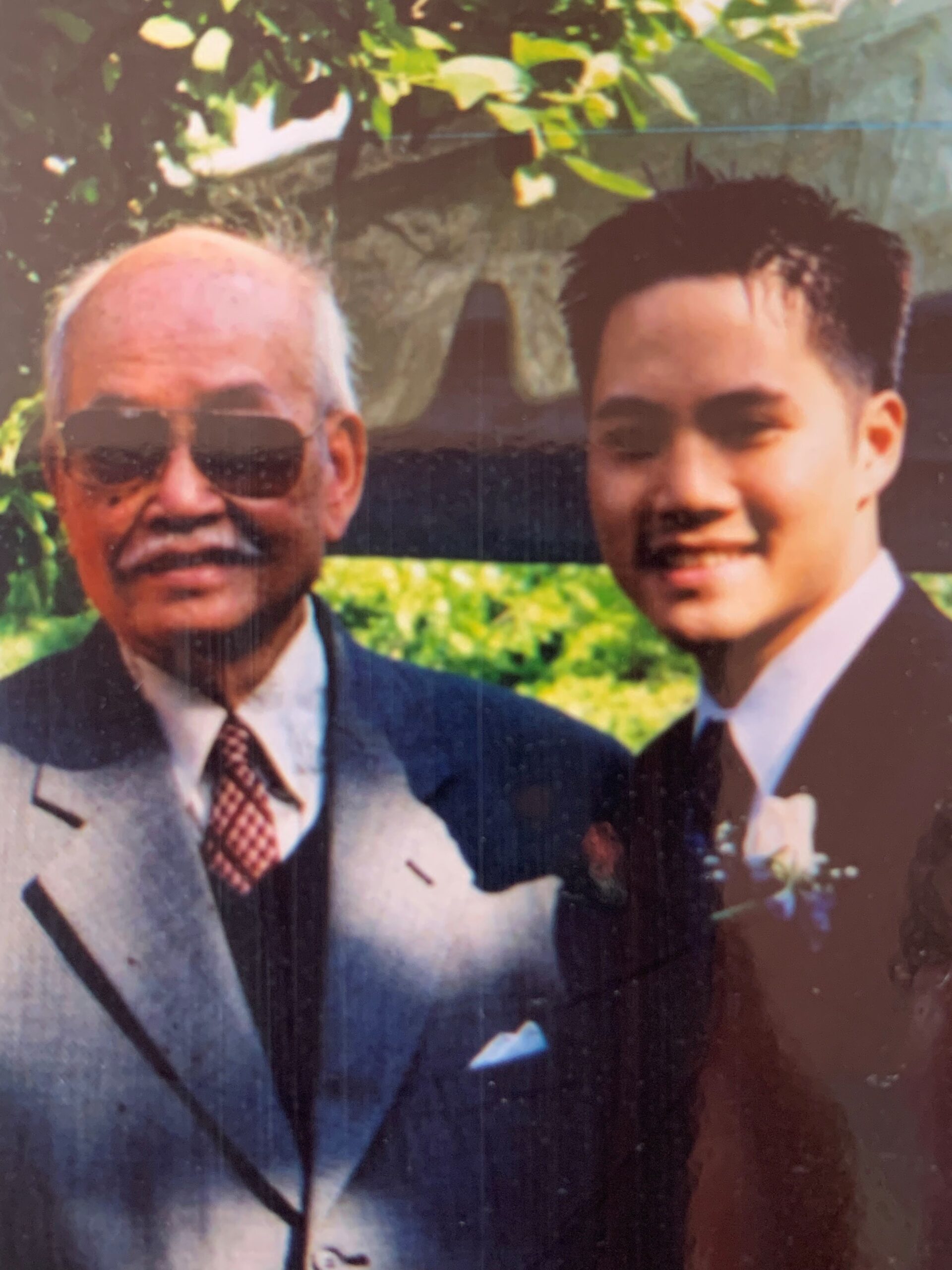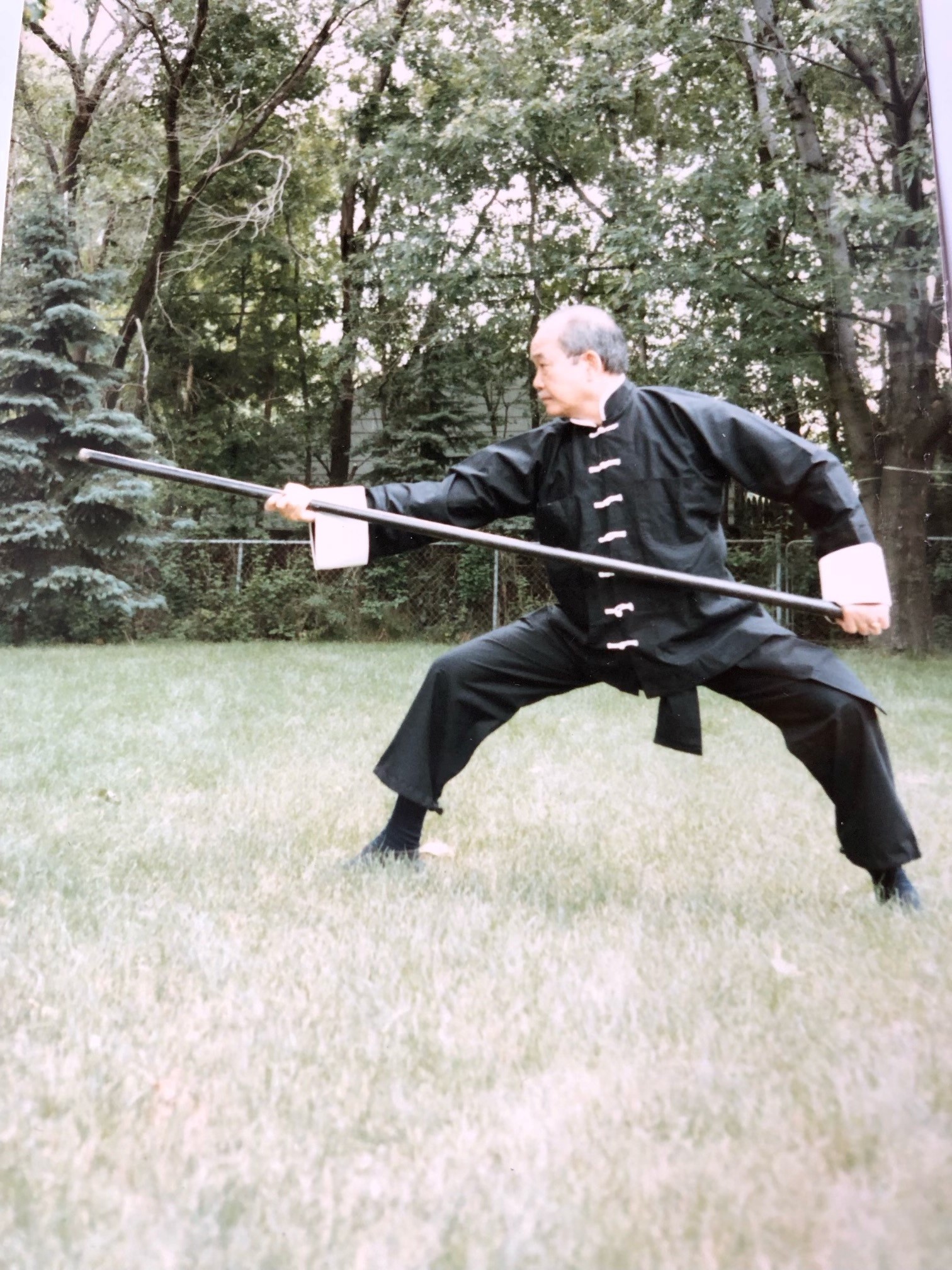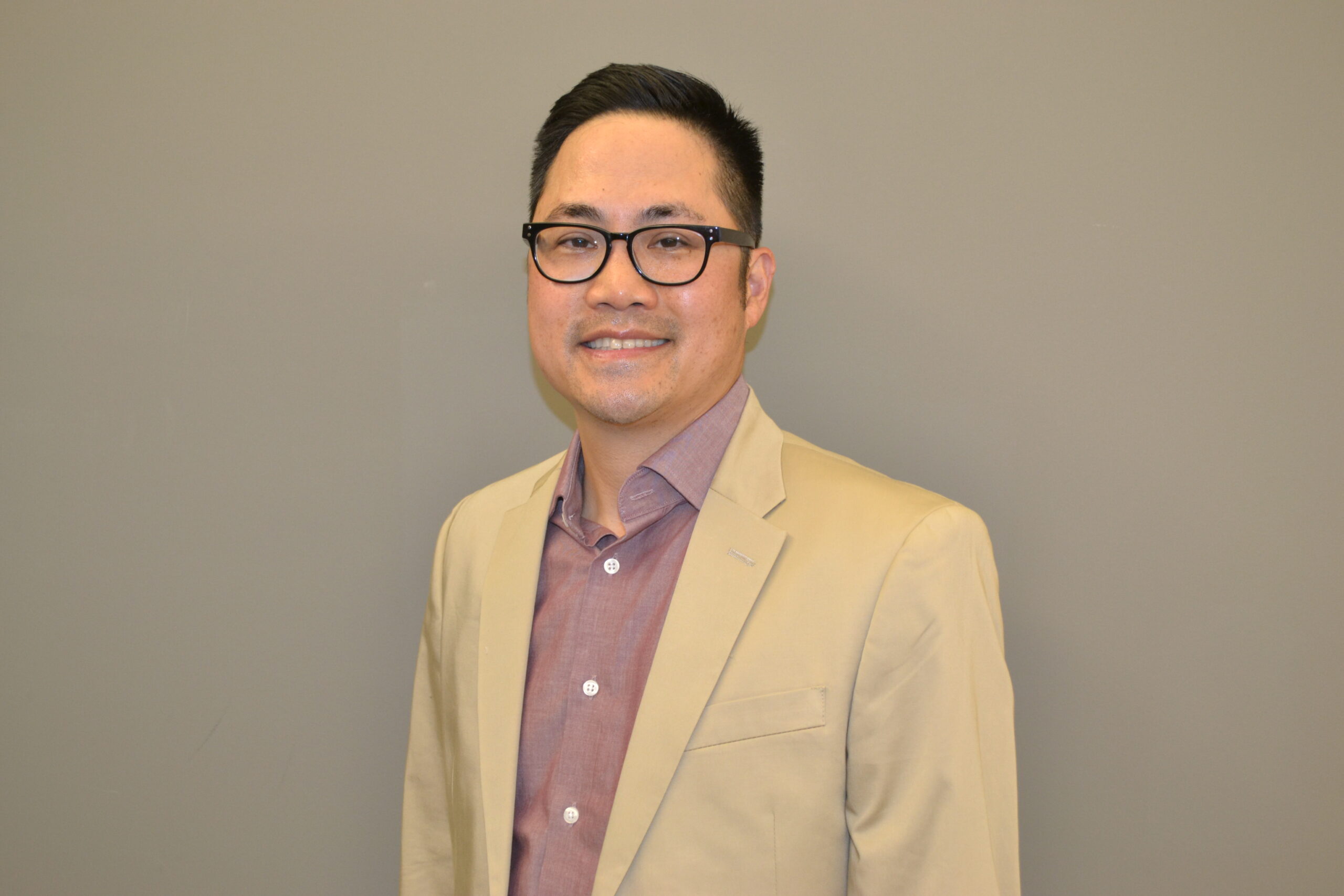Diverse Elders Coalition’s National Director, Lauren Pongan, talks with Didier Trinh, the newest member of the DEC team and our inaugural Director of Policy and Advocacy, about why he’s come to the DEC.
Lauren: Welcome Didier! I’m so excited to have you on board as our first Director of Policy and Advocacy. You’re bringing 20+ years of experience in federal advocacy to DEC, but I’m curious about what inspired you to move into the field of Aging advocacy and DEC?
Didier: Thank you, Lauren! I am equally thrilled to be joining the fantastic team at DEC and helping to galvanize the national efforts of its six member organizations. Promoting diversity, equity, and inclusion has been central to my previous work and remains deeply rooted in my core values. Whether it was advocating for more equitable access to capital for hard-hit small businesses in underserved communities during the pandemic, or ensuring local people were shaping their own development priorities in U.S. foreign assistance to poor countries—I see my work as helping to uplift the voices of the most vulnerable or marginalized.
As the son of aging immigrant parents myself – and as the U.S. population ages 65 and higher becomes increasingly diverse over time – I’m eager to apply this range of experiences toward better addressing the distinct needs of diverse older adults.

Lauren: I love hearing about how your work at DEC connects to your past experience. I know there are a lot of different ways and types of roles that can advance equity and diversity. What is it that’s kept you in DC, engaging with federal policymakers?
Didier: Great question! I think starting my career on Capitol Hill gave me tremendous insight into the “sausage-making process,” as they like to call it.
It’s not always pretty, but federal policymaking does have a cascading effect across the country and on our communities. While my work is based in Washington, D.C., I’m excited to help bridge the gulf between high-level policies and actual on-the-ground impact.
Lauren: That makes sense, and it’s so important to make sure that people feel the tangible improvements in their daily lives from supportive federal policies.
Okay, final question! Who is an older adult that you admire, and why? It could be someone in your life or a community leader or celebrity…
Didier: Now that’s a tough question, because there are so many! But on a personal level, I’d pick my maternal grandfather (or Ong Ngoai) for a variety of important reasons. During our summers off from school, he would take care of my sister and me while my parents went to work. He implemented a daily routine that consisted of: 1) learning shaolin exercises in the backyard; 2) doing reading and dictation in my native tongue of Vietnamese; and 3) teaching us how to shoot pool on his billiards table in the basement.
My Ong Ngoai passed away from stomach cancer in 2004. And while he could speak basic English after emigrating to the U.S. following the war, he could not have navigated his health care without interpretation from my mother and her siblings every step of the way. (My parents serve as formal interpreters to this day, providing support to their local Vietnamese community in addressing health, financial, and legal challenges.)

Didier Trinh’s maternal grandfather (or Ong Ngoai)
Lauren: Thanks for sharing that, Didier. I love that relationship that you had with him. And I’m glad we have you on board to help other older adults navigate their health and wellbeing at DEC.

